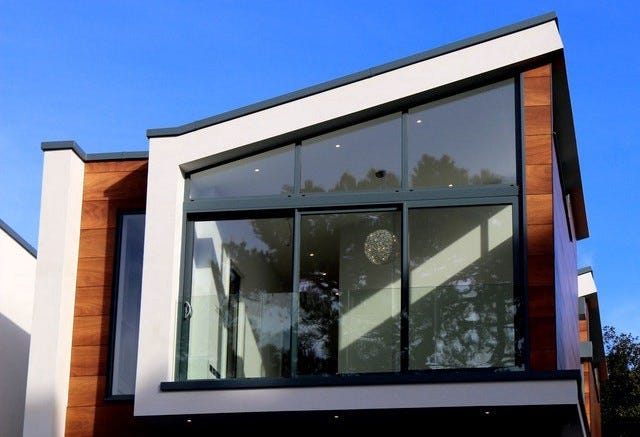
Being a landlord is an altogether different responsibility from being on the condo association board or a general owner. While there are certainly strenuous tasks for condo unit owners, condo unit owners who are landlords and condo unit owners who are board members, landlords are the ones who tend to get pulled in two different ways — from their tenant and from the board. They act as a representative for the person they’re renting to but also have a vested, long-term interest with what happens in the building (whether that tenant stays or goes). Do those two goals always match? Sometimes yes, many times no.
Recommended Read: “Landlords, tenant disputes and happy mediums ~ Lessons learned on the condo board that I wish I’d have known as a tenant”
For two years prior, I occasionally asked my parents why they wouldn’t rent out my grandfather’s vacant home. However, they were (and are) steadfast in their view of not having the heart to be landlords — or more importantly, being firm when it comes to late rent or evictions. As a full-time freelancer, I’m pretty rigid about things like this. Once you sign a contract, it is what it is. Even as a tenant, I was fully aware that property managers have mortgages to pay and their own bills for their homes. Shorting them on rent was a non-negotiable for me because I know what it’s like when working with clients.
ADVERTISEMENT ~ Amazon
As an Amazon affiliate, I earn a percentage from purchases with my referral links. I know some consumers are choosing to boycott Amazon for its DEI removal. However, after thinking about this thoroughly, I want to continue promoting cool products from small businesses, women-owned businesses and (specifically) Black-owned businesses who still feature their items on Amazon. As of the first date of Black History Month 2025, each new post will ALWAYS include a MINIMUM of one product sold by a Black-owned business. (I have visited the seller’s official site to verify that Amazon Black-owned logo.) I am (slowly) doing this with older, popular posts too. If you still choose to boycott, I 100% respect that decision.

However, there is a level of leadership that apartment and house landlords (and condo unit owners who rent out their units) have that can be pretty time consuming. While quite a few complaints will bleed their way over to the board to resolve (if it’s a shared space), quite a few things tend to be on landlords to resolve.



